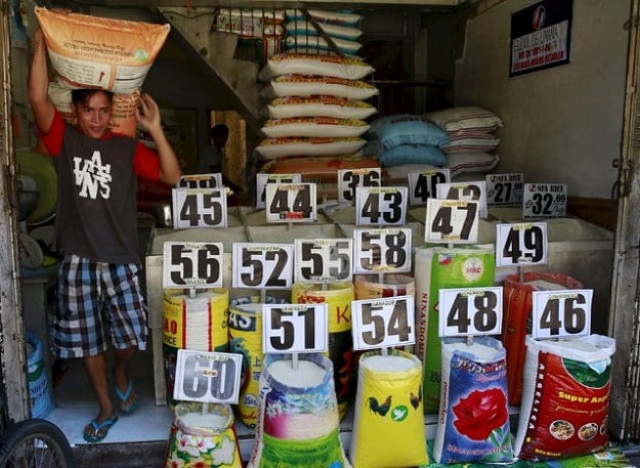
Tech giants are increasingly making an effort to bring those people online, though they differ in their approach. Facebook and Google are experimenting with grand plans – think drones, balloons, microsatellites, and even internet bikes. Microsoft is investing in TV white spaces and any local solutions that show promise.
Microsoft says partnering with local entrepreneurs makes perfect sense because they are the ones who understand their communities’ needs the most.
With this in mind, the US Company launched the Affordable Access Initiative. It gives grants to startups across the globe that are working to provide affordable internet access in their markets. Microsoft awarded grants to a first batch of 12 companies just recently.
One of those startups is Wi-Fi Interactive Networks or WIN, which has come up with the novel idea of getting packaged goods manufacturers to deliver Wi-Fi to poor consumers.
Basically, WIN gets brands to carry the cost of installing and maintaining Wi-Fi hotspots at stores – from small neighborhood convenience stores to restaurants and bars – and gives access to consumers when they buy the brands’ products. All the buyer needs to do is register for access on their phone and the store approves the request. Once approved, the store sends a unique passcode to the user’s phone for the Wi-Fi.
Pakistan’s average internet speed increased by 150% in 2016: report
WIN allows consumers to buy internet access in a way that’s very familiar to Filipinos – in sachets or small disposable plastic packs for single use. Sachets are a common way of packaging consumer products like detergents, shampoo, milk, and coffee in emerging markets as they are way cheaper than bottles. For example, if a consumer purchases a sachet of a sponsoring brand’s shampoo, they will get internet access for a certain number of minutes – usually 30.
The startup earns by charging the brands a monthly subscription fee per location.
“This is a sustainable business model because the brands generate immediate revenue from their sponsorship. In addition, they also acquire data analytics in terms of purchase behavior at the store level,” says founder Philip Zulueta.
WIN piloted in August 2015 and landed its first paying client in March this year. The client was San Miguel, the Philippines’ largest beer maker and a food and beverage manufacturer.
Early Days
Philip spearheaded the setup of one of the first internet-connected university computer labs in the Philippines in 1998. “We connected 84 desktop computers to a T1 line back then so students didn’t have to go out of campus to access the internet. Chat was a favorite activity at that time. No Google or Facebook yet, just Yahoo,” he recounts. In 1999, Philip flew to the US where he worked with a few startups in the San Francisco Bay Area.
He got the idea for WIN after he got back from the US in 2012. He found that smartphones had become more prevalent, but people still couldn’t afford data, which was usually bundled in postpaid plans. At the time, he says 95 percent of cellphone subscriptions in the Philippines were prepaid. “This indicated to me that most users could not afford data plans relative to their income. The same applies to other developing countries like Indonesia and India,” he recounts.
“The answer for me was to have consumer good companies sponsor internet access since they cater to the same mass market that needed access. The business model of giving access upon purchase is a result of consultations with brands given their requirement for return on their digital investment.”
Mobile internet services suspended in parts of FATA
The low-income market is a viable one, he continues. “Because at the end of the day, everyone is a consumer. The fact that the Philippines is a major sachet market is testament to this. Smaller bite sizes but high purchase frequency – this is why our sponsors like our model because it is consistent with the target audience they want to reach.”
Serving areas with no internet
WIN now counts 41 Wi-Fi hotspots. Of those, 34 are in the capital while the rest are in towns in several provinces in the main Philippine island Luzon.
Since WIN caters to many rural areas, Philip says availability of telecom facilities for connectivity is a hurdle. “They either don’t have a presence in some areas or all DSL lines are used up.”
That’s where the partnership with Microsoft comes in. WIN will use the US$150,000 funding it got from Microsoft to install base stations that will broadcast Wi-Fi signal to areas where there is currently no internet coverage.
Philip says Microsoft’s ongoing use of TV white spaces spectrum also presents them with another option. Here’s his explanation of how the white spaces technology works:
“TV white spaces are those blank channels (where you see snowing) that were originally placed between channels to prevent interference between them. Since the shift from analog to digital TV, a number of these channels have become available for conversion to Wi-Fi signal. Microsoft has the software to detect which channels are available for use and is able to seamlessly move data use to another vacant channel in case another user happens to come in and use one of those channels”.
He says TV white spaces signal can travel up to 10 kilometers and penetrate thick walls, farther than the 600 feet for the usual Wi-Fi.
The Philippine government successfully piloted the same thing in Bohol province and used it during rescue and relief operations when super typhoon Haiyan hit in 2013.
“We will be piloting this technology for use as a commercial application as opposed to previous government initiatives. We will provide small and medium enterprises connectivity so they, in turn, can provide internet access to their customers by bundling with a purchase,” notes Philip.
Largest offline populations: India tops list, Pakistan fourth, says World Bank report
Raising more funds
Philip says his company is now in the process of rolling out 100 more Wi-Fi hotspots in bars and restaurants.
Over the long term, the goal is to install them in 10,000 locations. For this, more external funding will be crucial, he says.
“Fundraising is a challenge because the investor ecosystem in the Philippines is small […] It may also be that we are just not plugged in with the right investor network since there is no Sand Hill Road type of presence that you can go to. So we are just feeling our way around trying to get the right introductions. The Microsoft partnership has certainly helped open a new set of doors for us.”
Apart from WIN, other startups that received grants under the Affordable Access Initiative include Kelase, an e-learning platform in Indonesia; AirJaldi, which sells cheap wireless broadband in India; and Ared, a distributor of mobile charging and Wi-Fi stations in Rwanda.






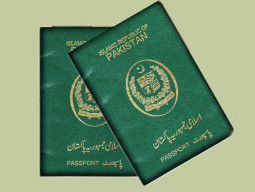
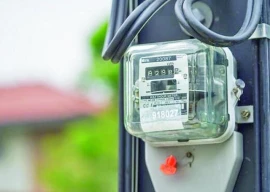


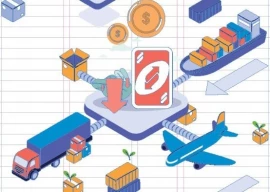
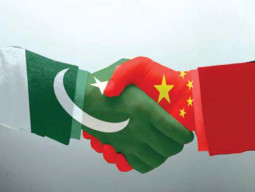






COMMENTS
Comments are moderated and generally will be posted if they are on-topic and not abusive.
For more information, please see our Comments FAQ